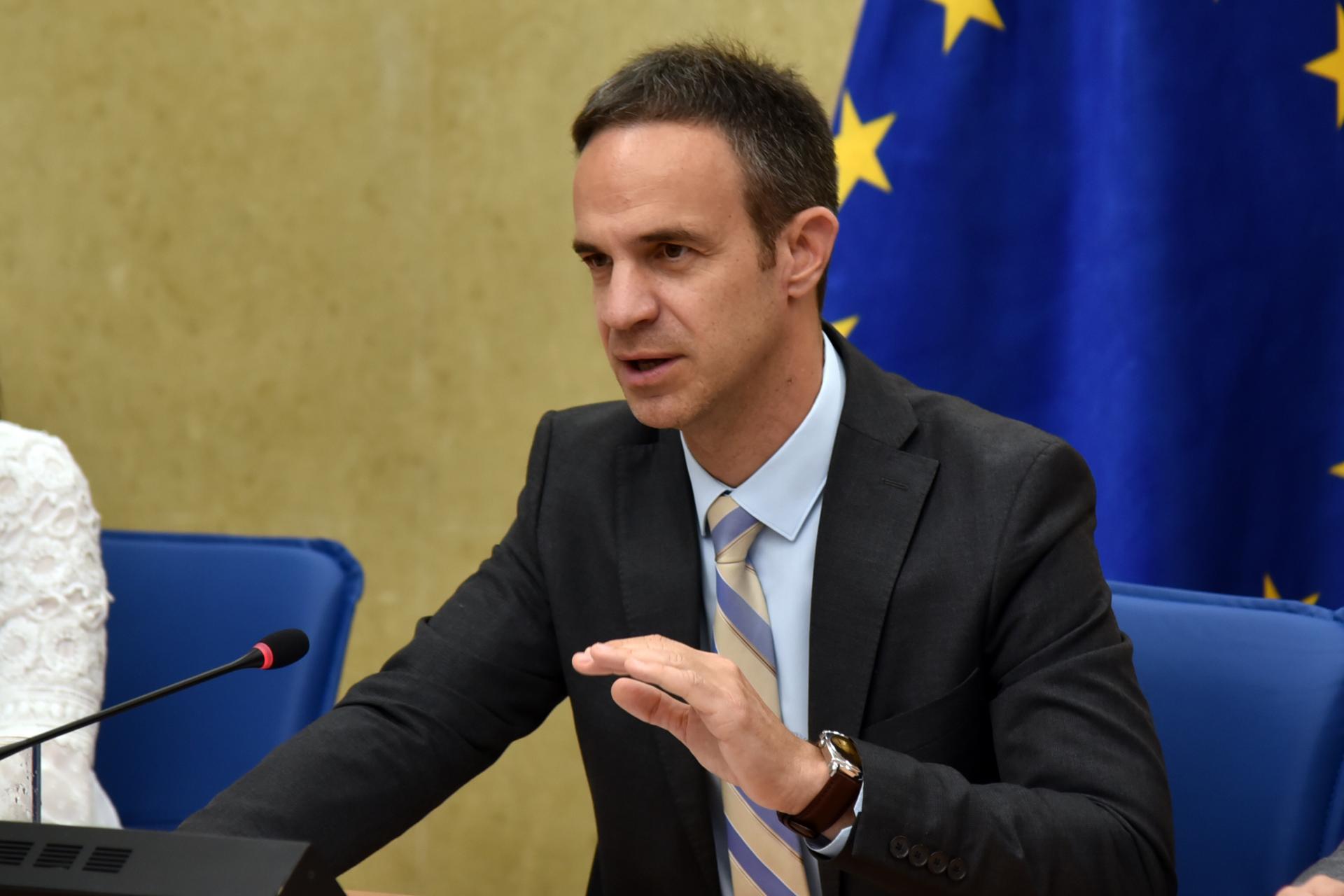Events surrounding the concession procedure for airports in Montenegro have sparked political tensions and criticism. Prime Minister Milojko Spajić called on the tender commission to carefully consider the expert opinions of the International Finance Corporation (IFC), part of the World Bank Group, which expressed concerns about the regularity of the process. Resignations of tender commission members and the withdrawal of the IFC consultant further complicated the situation. Boris Mugoša, head of the Social Democrats parliamentary club, criticized the government for irresponsibility and interference in the commission’s work, emphasizing the need for political recomposition in the final phase of Montenegro’s EU integration. This situation is seen as an indicator of political instability and risks for the country’s European path.
Political Perspectives:
Left: Left-leaning sources emphasize the political irresponsibility and interference by the government in the independent tender commission, highlighting the resignations and the withdrawal of the IFC consultant as signs of mismanagement. They stress the need for political recomposition and warn that such instability threatens Montenegro’s EU integration process.
Center: Centrist sources report the facts of the tender commission’s challenges, including the IFC’s concerns and the government’s calls for careful consideration. They present the situation as a complex administrative and political issue, noting the importance of transparency and adherence to procedures to maintain the country’s reputation and EU accession prospects.
Right: Right-leaning sources focus on the government’s efforts to ensure the tender process is completed in the best interest of the citizens, highlighting Prime Minister Spajić’s call to the commission to heed expert advice. They may downplay the resignations and criticism as political maneuvering by opposition forces, emphasizing the need for stability and progress in EU integration.







